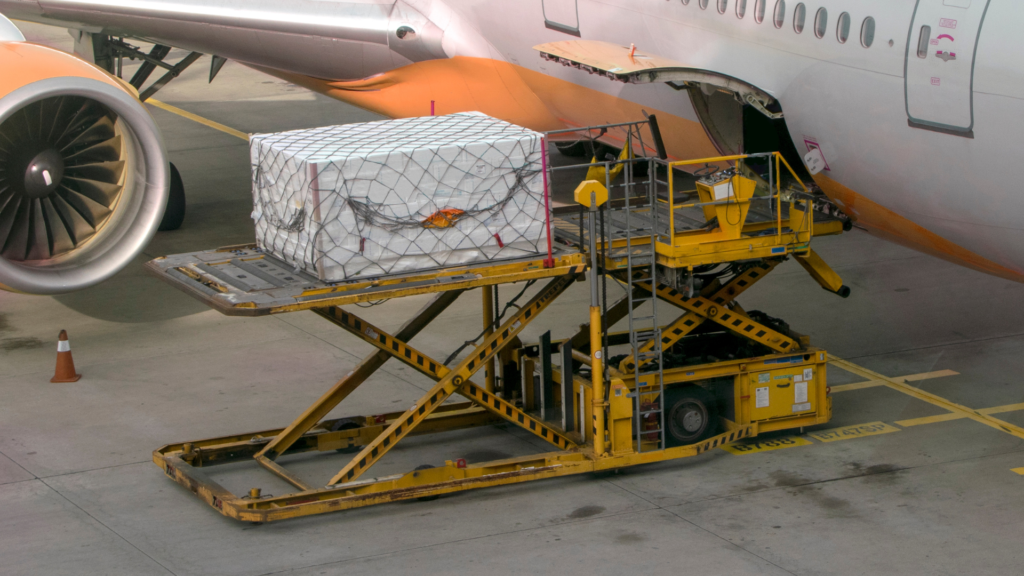Bill to Avoid Rail Disaster and Air Cargo Rates Decline.
Your weekly All-Ways round-up of supply chain news.

Time Crunch
The House of Representatives has passed a bill to force rail unions to accept the tentative agreement negotiated by the Biden administration. This is an attempt to block crippling rail strikes which could happen as early as December 9. The bill which passed by 290-137 still requires Senate approval before it’s sent to Biden for his signature.
Under the Railway Labor Act, Congress has a lot of authority to pass such legislation.
“We applaud the swift bipartisan action in the House to head off a shutdown of the rail network,” Chris Jahn, CEO of the American Chemistry Counsel, said in a statement. “In less than a week, railroads will begin suspending shipments of chemicals that are vital to disinfecting water, producing food and refining gasoline. There is no time to waste. We urge the Senate to act quickly and approve the legislation passed by the House.”
“We applaud Congress for their quick action today to pass legislation that would prevent a devastating railroad strike,” Eric Hoplin, CEO of the National Association of Wholesaler-Distributors, said in a statement. “This crisis is entirely preventable, and we have now seen the September agreement sanctioned by the US House of Representatives ...”
Short-Term Sick Leave
The second and separate bill the House approved would allot 7 days of paid short-term sick leave to union workers and force binding arbitration on both the US railroads and unions if details cannot be hammered out within 30 days. This bill would also need Senate and Biden approval.
Although major rail shipper associations have spoken in support of the passing of the bill to avoid strikes, none have taken a side on the bill granting paid short-term sick leave to union workers.
This bill seems to be controversial on many fronts with strong opinions on both sides on the matter.
“Unless Congress wants to become the de facto endgame for future negotiations, any effort to put its thumb on the bargaining scale to artificially advantage either party, or otherwise obstruct a swift resolution, would be wholly irresponsible, and risk a timely outcome to avoid significant economic harm,” AAR CEO Ian Jeffries said in a statement after the votes.
Sen. Bernie Sanders, on the other hand, is pretty passionate about the bill passing as a means to avoid strikes. “It’s my intention to block consideration of the rail legislation until a roll call vote occurs on [the bill] guaranteeing seven paid sick days to rail workers in America,” Sanders wrote on Twitter on Wednesday.

Easing Air Cargo Rates
Spot and contract rates on major trade lanes continued to decline in November albeit at significantly higher rates than pre-Covid levels.
Rates on services from Hong Kong to North America slipped $0.25/kg in October, down from around $5 last year. Hong Kong-Europe rates declined as well.
This comes as a surprise as rates usually increase leading up to December as it’s usually peak season for the industry.
Coming on the heels of rapid growth in 2021, demand decline in the air cargo market can be attributed to:
➡️ Inflation
➡️ Slowing economies
➡️ The war in Ukraine
➡️ Covid lockdowns in China
➡️ Modal shift back to sea freight because of recent ocean shipping recovery
“Recent rises in equity markets, particularly in Europe following falls in the gas price there, have raised some hopes that the decline in pricing may be coming to end,” said Tac Index in its latest market report.
“But renewed lockdowns in China have also raised fears supply chains will be further disrupted – with recent protests in major cities a further cause for concern.”

